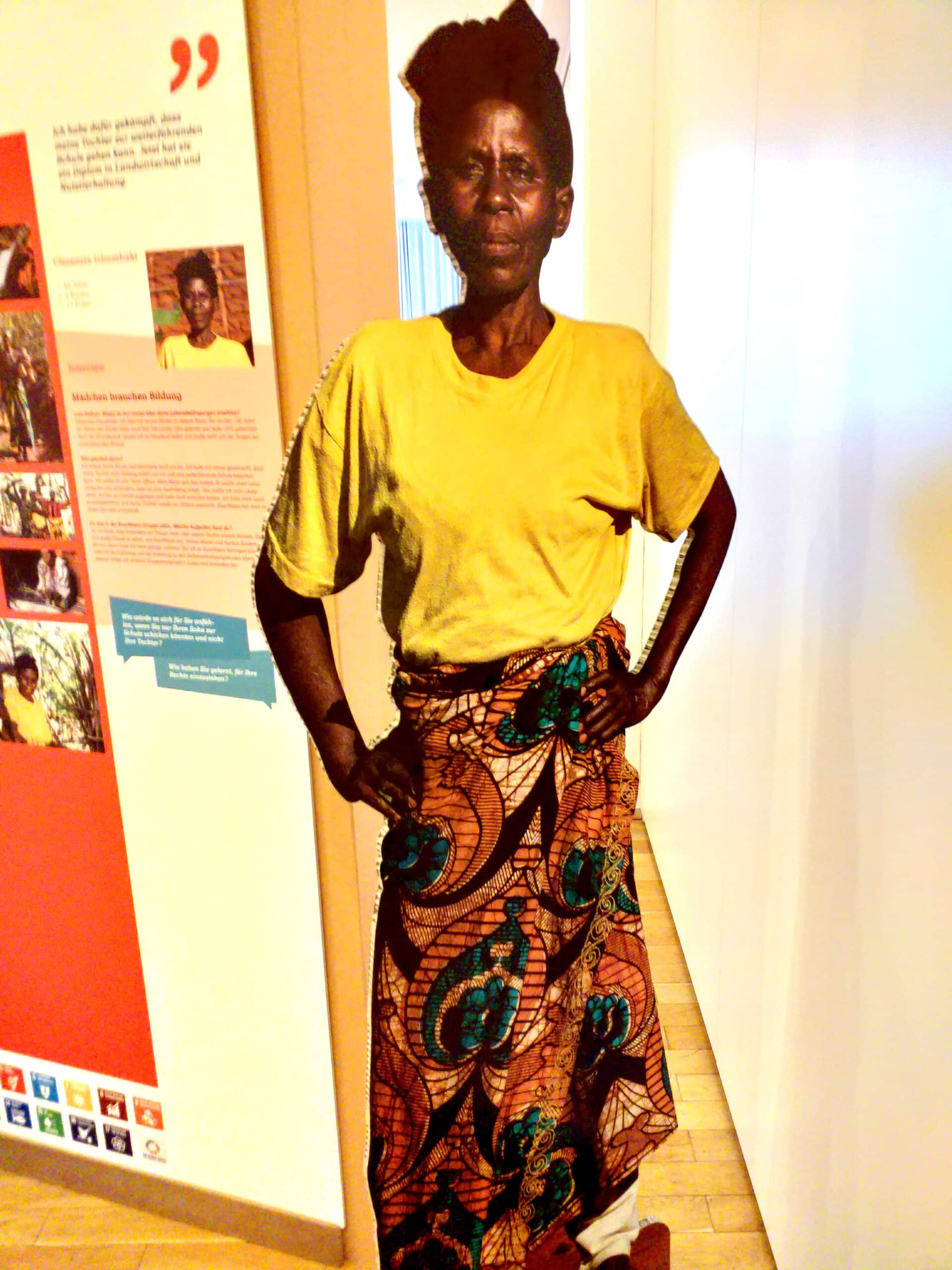The German AGE member BAGSO hosted a debate on older generations and the global agenda 2030 in January 2019, in which AGE participated. The conference raised an important question: as senior citizens’ organisations, what is our role in attaining the aims of the UN Sustainable Development Goals (SDGs)? The debate was underpinned by an exhibition by HelpAge Germany, presenting ‘Hidden Heroes’, six women from developing countries who silently contribute to attaining the SDGs.
‘We should not be discouraged because we cannot help everybody’, said BAGSO president and former German Vice-Chancellor and Minister for Employment and Social Affairs introducing the event. ‘Rather, we should help those whom we can help’. This keynote rang throughout the conference.
SDGs lack focus on older people and age discrimination

Debates and breakout sessions focussed on what concretely senior citizens’ organisations can contribute to achieving the SDGs, such as getting engaged in initiatives for projects in developing countries, exchanging knowledge with citizens in the ‘global south’ and making the work of organisations in itself more environmentally sustainable.
AGE Platform Europe participated in the closing panel, bringing together Mr Müntefering from the BAGSO, Ms Rebecca Freitag, Youth Delegate for Sustainable Development of the German Youth Ring, Lutz Hethey of HelpAge Germany, Dr Sylvia Lorek of the Sustainable Europe Research Insitute, Ms Aissatou Diallo of a civil society initiative called ‘The Bridge’ and Philippe Seidel Leroy from AGE.

Call for joint intergenerational policy action
This approach was met by the youth representative, Ms Freitag: she emphasised that a sense of responsibility is needed by older generations to leave a ‘liveable’ planet for the coming generations, and that dialogue between generations is needed to achieve this. Also, citizens of all ages must put pressure on politicians to make sustainability acceptable to all.
More information:
- BAGSO, event page and programme of the conference
- Article by Ms Rebecca Freitag on the conference (in German)
- HelpAge Germany, exhibition ‘hidden heroes’






